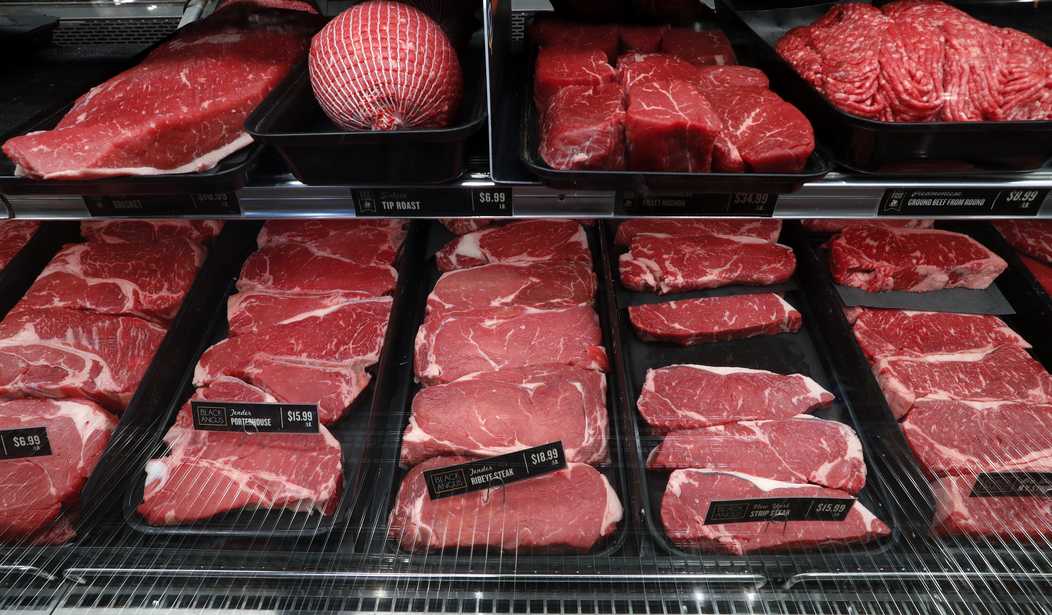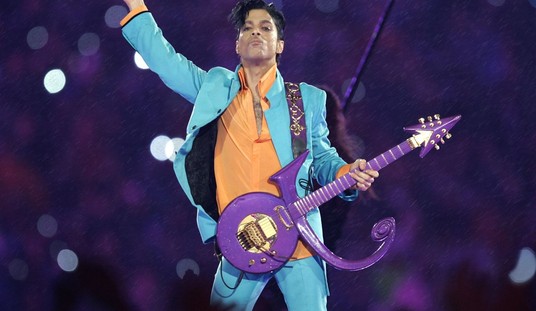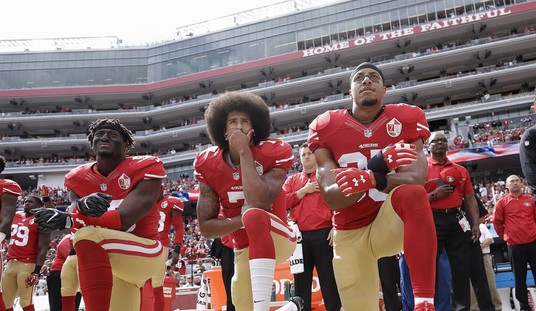I like Lauren Southern. She’s sharp, she’s savvy, and her looks certainly don’t hurt her any. But some months back, she released a video where she questions ‘veganism’ with a staffer of hers, and unusually for Lauren, she leaves the best rebuttal just lying on the table. Here’s the video:
Early on, the vegan crew member claims he follows his diet due to a libertarian principle: the non-aggression principle (NAP.) That’s a canard; the NAP involves dealing with other people, not animals, and it states that it is incorrect to initiate the use of force, but not to respond to it with force in kind.
But that’s not the point. The staffer makes the inevitable vegan assertion that his diet causes "less harm" than a diet that includes meat, i.e. Ms. Southern’s diet. Given this assertion, I would respond as follows:
All right. Let’s examine your assertion. You are claiming your diet causes less harm to animals than mine. OK. So your diet has a level of harm to animals involved – let’s call that value X. My diet likewise has a level of harm to animals – let’s call that value Y. Now, you are asserting that X<Y. To establish this, you have to produce values for X and Y. Furthermore, you have to include all sources of harm, including animals killed in the processes of growing, harvesting, and transporting your food. So, go. Show your work.
I've used this argument myself in debate, and it rarely fails to leave the ethical vegans stuttering. The why of that is pretty simple; they are claiming that X, the supposed number of animals killed in the process of producing their diet, is somehow less than Y, the number of animals killed in the process of producing a diet that includes animals. But they can't support that claim.
See Related: PETA Pushes Okla. to Put 'Ten Vegan Commandments' in Classrooms, State Superintendent's Response Is GOLD
Note that I’m not talking about dietary vegetarians or even vegans; we’ve had friends who preferred vegan diets, ate what they pleased, and left everyone else to do likewise. That's how things should be. No, I am talking, instead, about the obnoxious claims to a fake moral high ground made by animal rights advocates under the label “ethical veganism.” One of those claims, as made by Lauren's staffer in the video, is that his diet (X) causes less harm than her diet (Y.)
Of course, he can't, because he cannot produce values for X and Y.
If any vegan has crunched the numbers to prove this, I have yet to see the results. However, the numbers have been crunched elsewhere, and it turns out that a non-vegan diet may well cause less environmental impact than a vegan diet under certain conditions. That's for one reason: Food for livestock can be grown on land that is too poor for growing crops for human consumption. Cattle and goats, for example, can eat grass; people can't.
If there were an actual ethical principle involved, the ethical vegan would be required to do one of two things, if not both:
- To analyze each of his or her sources of vegetable food and eat only those that are found to cause the least number of animals to die.
- Move off the grid and grow all their own food, scrupulously using no insecticides, no rodent control measures, and no mechanized equipment.
Note that it is only the second path that has a chance of accomplishing zero animal deaths.
Of course, vegans do none of these things. The ethical vegan has no idea – none – whether their diet causes more animals to die, the same number, or fewer, than a diet that includes meat. Even when they engage in a completely irrational search for micrograms of animal material in their diet --I know of one who refuses to eat black olives because squid ink was once used to color them--their actions are purely symbolic; they have no idea what their real impact is. Instead, they obsess over micrograms of animal products in their food while ignoring the metric tons of animal life destroyed to bring that food to the table.
This isn't an ethical principle; it's an easy-to-follow virtue signal: "Don't put animal parts in your mouth."
See Related: Schadenfreude - Real Meat Turns Out to Be Healthier Than Fake
None of those costs matter to most of us, obviously. We accept it as an inevitable cost of a modern lifestyle supported (as it must be) by large-scale agriculture.
But there’s another catch; while animal rights advocates and “ethical vegans” seem to deride hunting as the most offensive practice in which one can participate in putting meat on one’s table, hunting large game likely involves the fewest animal deaths per meal. Consider it: If I kill a caribou, I may get a hundred pounds of meat; if you are possessed of a generous appetite and eat a half-pound of meat at each meal, that’s two hundred meals for the cost of one animal's death.
That’s better than any animal rights kook ever dreamed of doing.
Like most folks, I don’t much care what anyone else eats, as long as I’m not paying for it. But I expect the same consideration in return, as I expect most people do. But if you encounter one of those finger-wagging diet scolds, just ask them one question--as noted above--and see if they can give you the values for X and Y.













